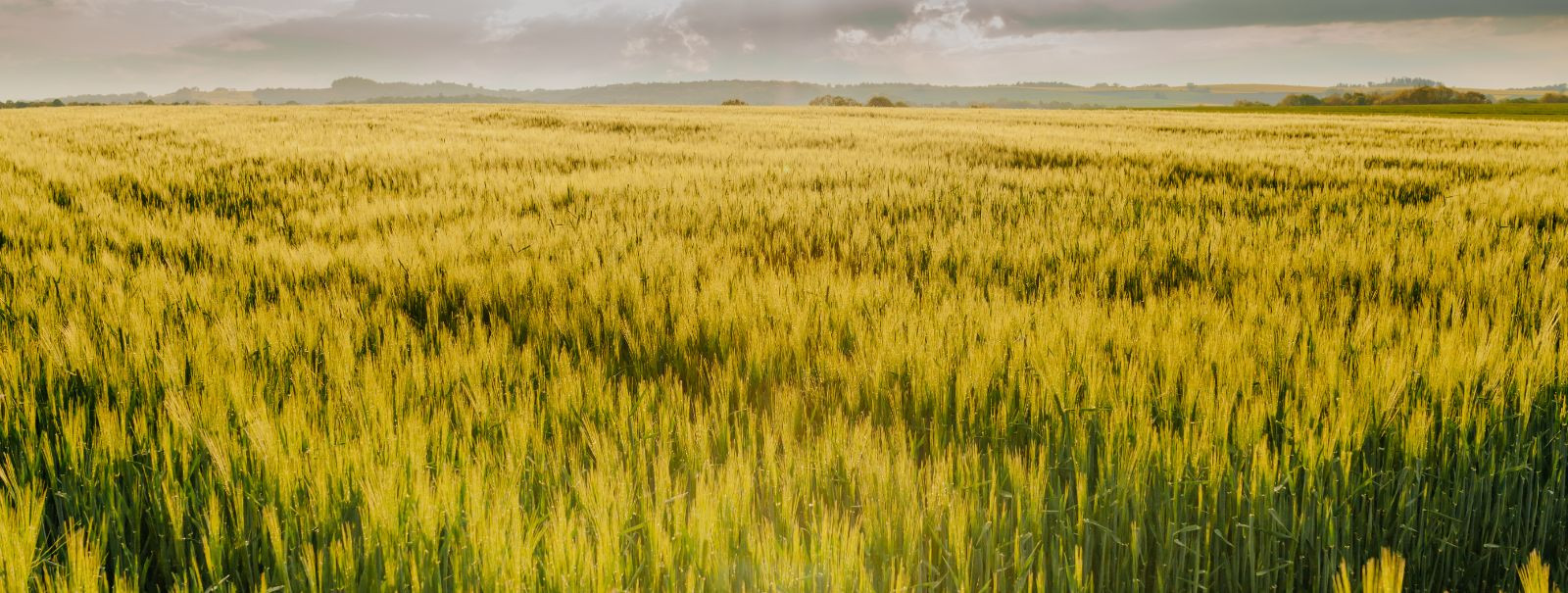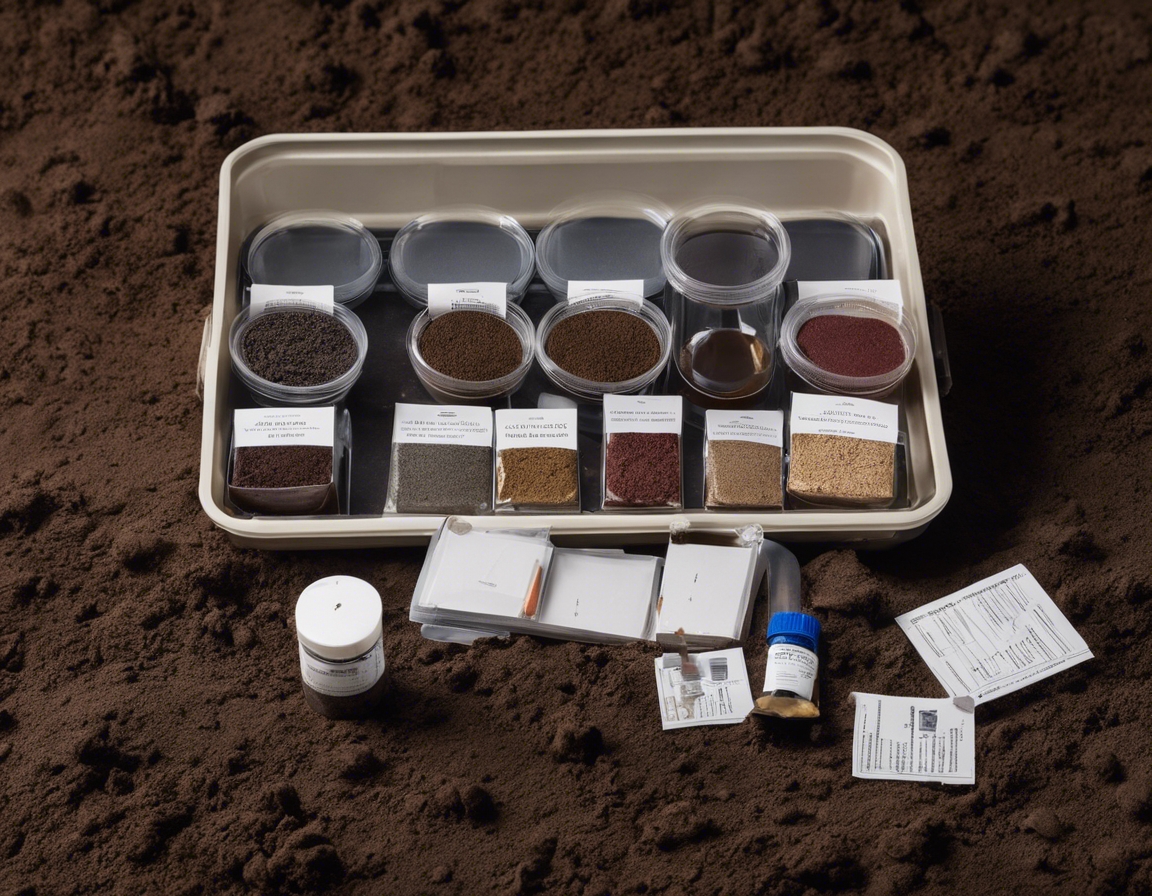The benefits of growing organic cereals
Organic agriculture is a holistic production management system that promotes and enhances ecosystem health, including biodiversity, biological cycles, and soil biological activity. It is based on minimal use of off-farm inputs and on management practices that restore, maintain, and enhance ecological harmony.
As consumers become more health-conscious and environmentally aware, the demand for organic cereals has seen a significant increase. This shift is driven by the understanding that organic cereals are not only better for one's health but also for the environment.
Environmental Benefits
Organic cereal production places a strong emphasis on maintaining and improving soil health. The use of natural compost, green manure, and crop rotations enriches the soil, leading to increased fertility and sustainable land use.
Organic farming practices encourage a diverse range of flora and fauna, which helps to maintain a balanced ecosystem. This diversity is crucial for natural pest control and pollination, contributing to the overall health of the farm.
Organic cereals require farming practices that promote water conservation. By avoiding synthetic fertilizers and pesticides, organic farming helps to prevent water contamination, ensuring cleaner rivers, lakes, and groundwater.
Organic cereal farming can play a role in mitigating climate change by sequestering carbon in the soil. This is achieved through practices like reduced tillage, cover cropping, and organic matter addition, which increase soil carbon stocks.
Health and Nutritional Advantages
Organic cereals are grown without the use of synthetic pesticides, herbicides, and fertilizers, reducing consumers' exposure to potentially harmful chemicals.
Studies have shown that organic cereals can have higher levels of certain nutrients, including antioxidants and vitamins, compared to their conventionally grown counterparts.
Economic and Social Benefits
Organic cereals often command premium prices in the market, providing farmers with better profit margins. The growing demand for organic products also opens up new market opportunities for producers.
Organic cereal production often involves local labor and resources, which helps to support local economies. Additionally, it fosters a sense of community as consumers often prefer to buy from local, sustainable sources.
By adopting organic practices, farmers can create a sustainable business model that ensures long-term productivity and profitability while preserving the environment for future generations.
Challenges and Considerations in Organic Cereal Production
The transition period from conventional to organic farming can be challenging and requires careful planning and management. Farmers must adapt to new practices and cope with initial lower yields.
Without synthetic chemicals, organic cereal farmers must rely on natural pest and disease management strategies, which can be more labor-intensive and require a deeper understanding of ecological relationships.
Organic certification is essential for market access but can be a complex and costly process. Effective marketing strategies are also crucial to educate consumers about the benefits of organic cereals and to build a loyal customer base.






Comments (0)